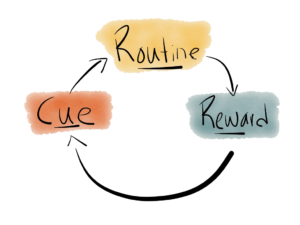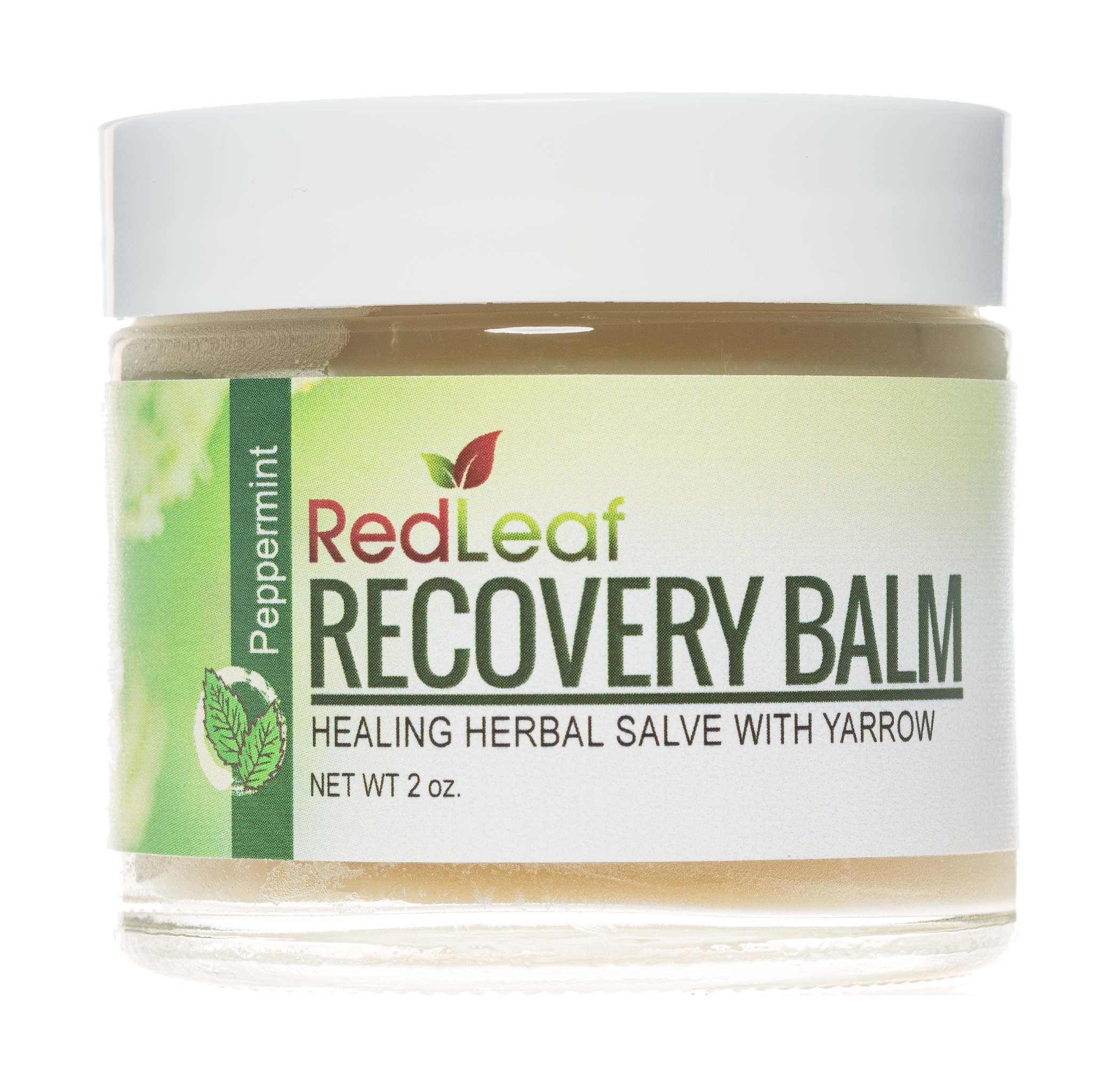
What matters more, habits or motivation? Motivation can come on a whim and leave you extremely ready to act. It shows up in Instagram pictures, YouTube videos, and daily mantras or songs. However, motivation is fleeting. Habits stick with you through thick and thin. In fact, some studies suggest almost half of your daily actions are completely reliant upon your habits. That is why it is so important to know how to build good habits, drop the bad ones, and stop relying on motivation to help you achieve your goals.
How to Build Good Habits
First things first, building good habits is an extreme challenge. Just like habits don’t break easily, they are not necessarily built easily, either. Think about every time you’ve tried to start working out or eating healthy. How hard was that to maintain? My guess is you did it for about a week, then got distracted and the next thing you knew it was another month of pizza and the couch.
So, knowing how hard they are to build, how do we go about creating good habits? It all starts with understanding the habit loop.
The Habit Loop:
The habit loop is a simple theory in which you are given a cue, which leads to an action, which generates a reward. One of the most simple habit loops to imagine is your daily coffee ritual. The cue is you wake up, the action is brewing the coffee, and the rewards are plentiful: the smell, the warmth of the cup, and the increased mental clarity from the caffeine. Unfortunately, the habit loop doesn’t only apply to healthy choices like a black cup of coffee to start your day.
Find yourself scrolling Instagram every night when you could be investing time into your relationship with your friends and family? That’s a habit loop which is taking away from your life, not adding to it. The same can be said for your late night snacking addiction, or on a more serious front, even addictions such as cigarettes and over-consumption of alcohol.
The real positive in understanding the habit loop is the power it gives you for how to build good habits. It’s a blueprint – your job is to follow it to create your best results.
Three Steps to Good Habits
- The first step in developing a good habit is identifying what can be your cue to act. For example, if you want to become someone who runs each morning you will need to give you something to think about running as soon as you wake up. This could be running shoes at the foot of your bed, or even a post it note on your mirror that says “remember to run”. Choose the cue that would work for your goal, and set up a system where it will be in front of you at the right time.
- The second step is very much like a process goal. For example, let’s say your overall goal is to earn a promotion at work. In order to do this, you are going to have to achieve certain goals at work which will be influenced by your actions. Choose one of these actions in response to your cue. If you’re in sales and rely on networking, your action in response to your cue could be to find two events to attend this week to meet new people.
- Finally, set up a reward system. While the action may automatically give you a reward (running gives you endorphins, and seeing the scale move is a powerful reward) but giving yourself an exterior carrot to chase is a nice addition. For running you could make an internal deal that each time you finish a month of running four times per week, you buy yourself a new pair of running shorts. Whatever your reward is, make sure it is meaningful enough that you learn to crave it.
Habits take time and effort to cultivate. With some commitment you can learn how to build good habits and impact your life in more ways than you can imagine. Remember, when more than half of your daily actions are related to your habits, what you repeatedly do without thinking becomes who you are. Take control of that person.



